When it comes to prepping your home for winter while keeping costs down, prevention is the best medicine (and maintenance). Use this checklist to ensure you’re on track for a season of drama-free homeownership.
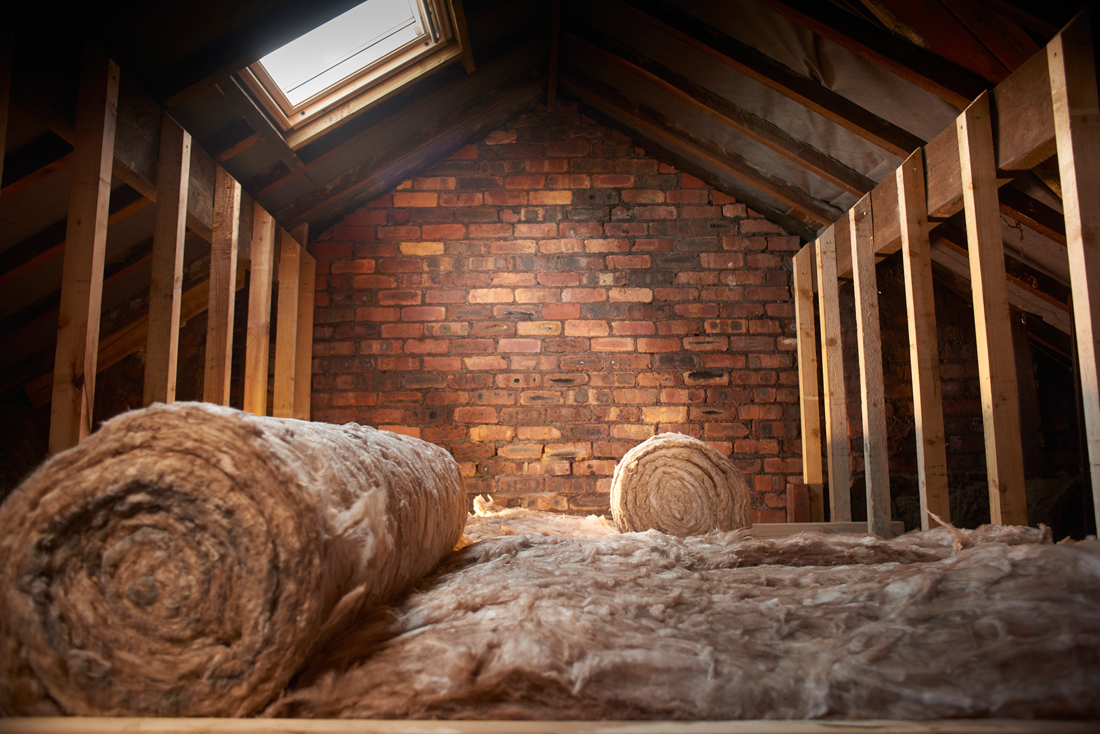
Fibres in the Attic
If there isn’t enough insulation in your attic, naturally rising hot air will leak… and increase energy costs. There should be at least 15 centimetres of insulation; if there isn’t, install more in your home now.
Immediate cost: A bag of fiberglass insulation costs around $50. Also, consider calling in a pro for a free estimate.
Future loss: An uninsulated attic can account for 25 per cent of heat loss, which adds up over a long winter.
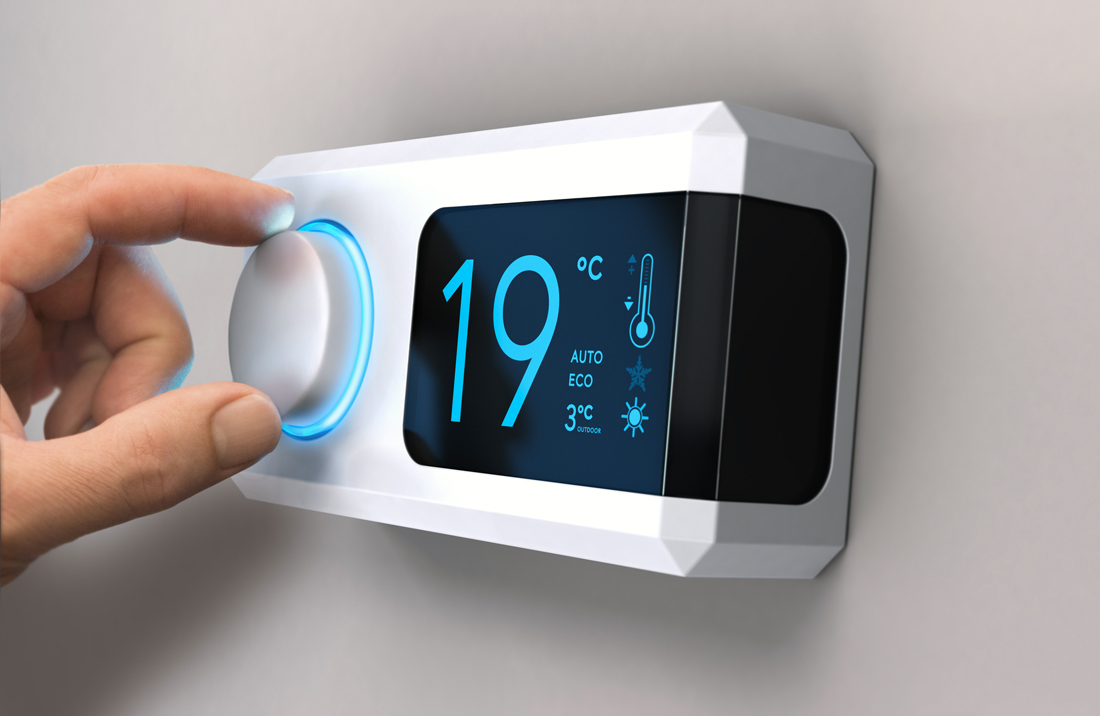
Thermo Stat
Installing a programmable thermostat allows you to schedule different temperatures for your home for different times of the day – even when you’re not there. Drop it down a few degrees while you’re sleeping or at work, and turn it up during weekend Netflix marathons, all without doing a thing. Save between 10% to 15% on your heating bill.
Immediate cost: Thermostats run from about $100 to $350.
Future loss: There’s no need to throw away money every month on heat you’re not using, so be smart and invest now.
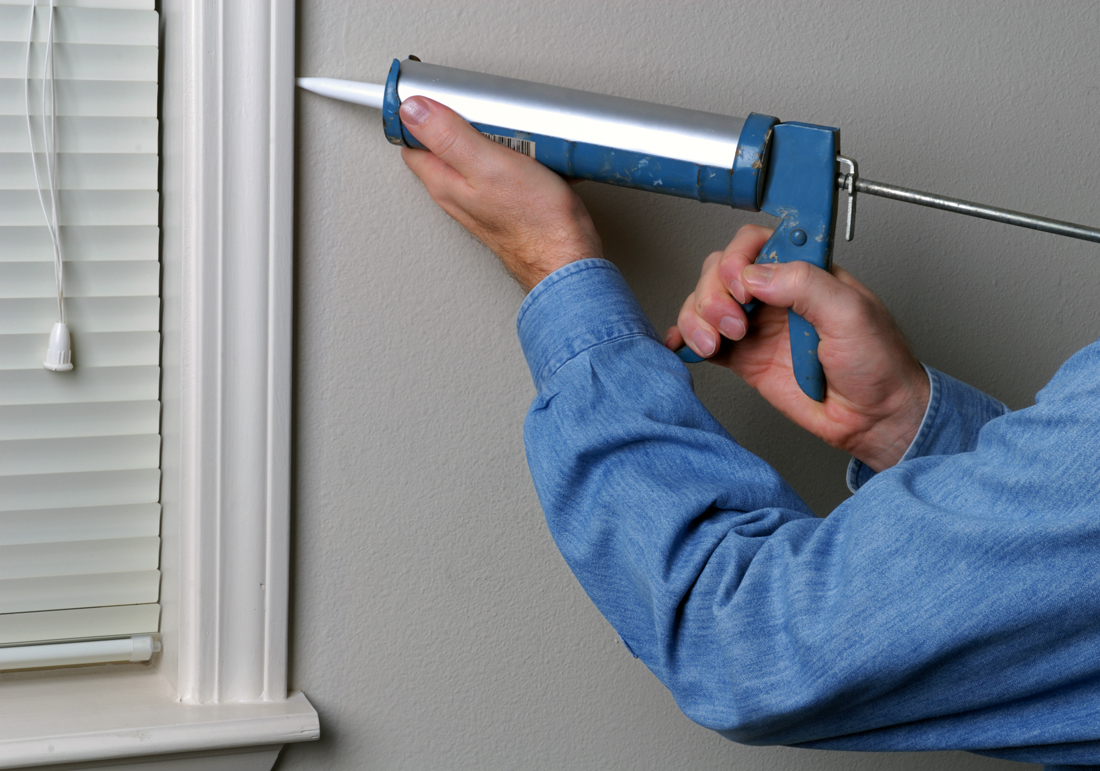
Seal Team
Unsealed windows and doors are among the biggest culprits of heat loss in a home; accounting for 25 per cent. So, grab that caulking gun and get going on weather-stripping doorways and filling cracks with waterproof silicone.
Immediate cost: A very cheap fix, with materials costing about $25.
Future loss: Seal and save up to three per cent on your annual energy bill.
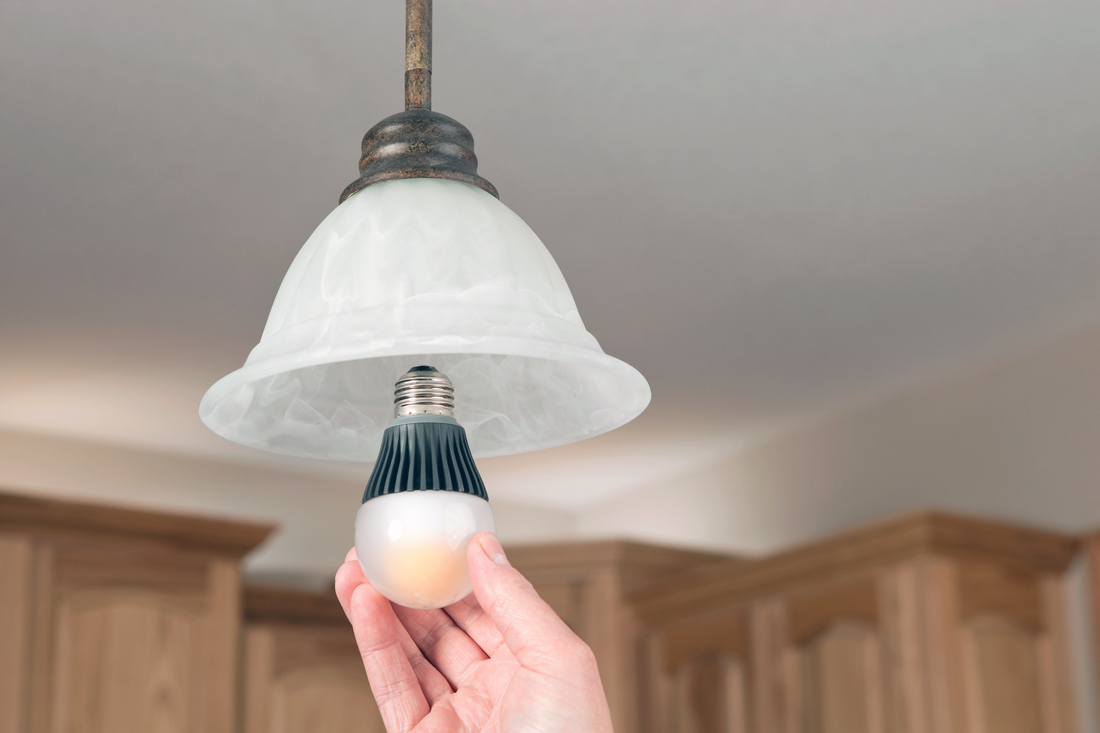
LED it Up
Consider replacing incandescent light bulbs in your home for LEDs – especially in high-use areas such as the kitchen and den. If light hardness is a concern, worry not – LED bulb designs have improved since the first wave to include softer, warmer light.
Immediate cost: Regular 65W LEDs start at about $10, and can cost up to $25 for specialized styles.
Future loss: LEDs use about 75 per cent less energy than incandescent bulbs and last up to 25 years. That’s a lot of energy and light bulb savings in the long run.

Break the Mould
When it comes to preventing mould, mildew and major leakage in the home, moisture is enemy number one. Check that all pipes and hoses under sinks and at the back of water-wielding appliances are dry. Preventing small leaks now is the best way to protect against cataclysmic water damage later.
Immediate cost: Free if handled in-house, although you may need to call a plumber if there’s an interior downpour.
Future loss: Replacing a section of drywall now ($200) is a much better scenario than replacing a wall ($4,000) a year from now.

Cracker Jacks
Small cracks in basement walls are standard as a foundation settles and holds the weight of a house – but be vigilant. Cut a piece of masking tape to mark any cracks in the cement foundations and date them to monitor any movement. Then check back mid-winter; if the cracks have grown, call a contractor to come and inspect the situation.
Immediate cost: A roll of masking tape and Sharpie – about $5.
Future loss: Minor cracks can cost around $500 to fix, but major foundation work can start in the $15,000-plus range.
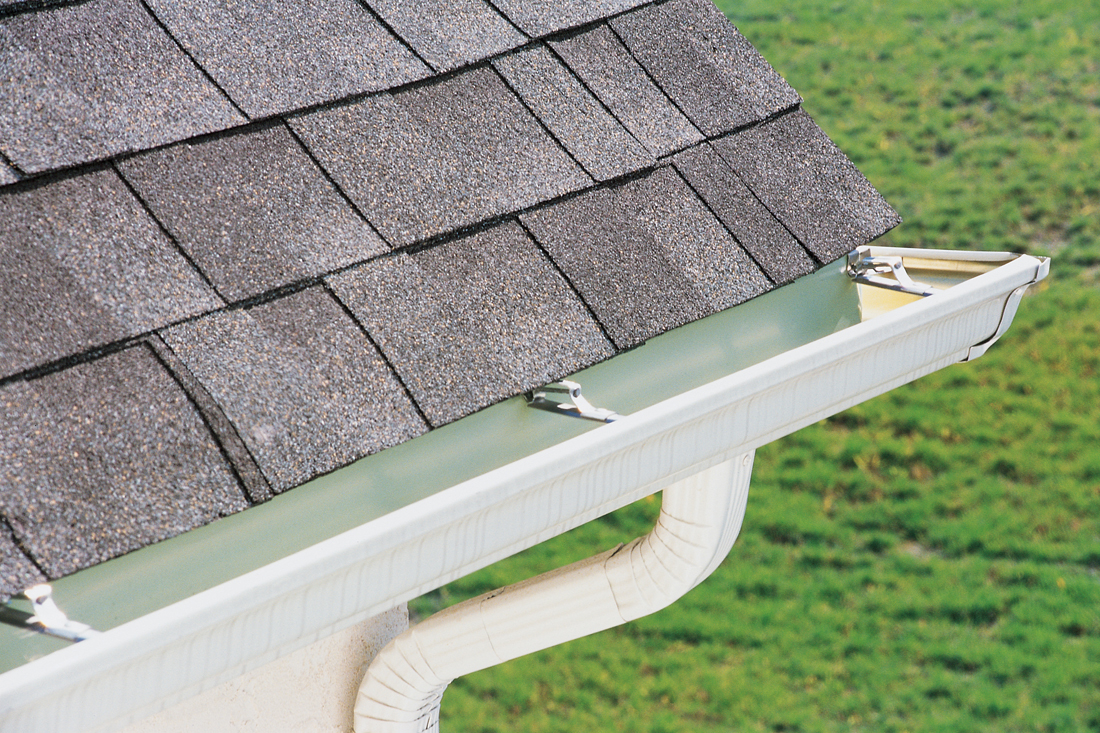
It Takes Gutters
Cracked or backed-up gutters can send overflowing water running down walls, rot wooden shingles or head straight into the foundation. Walk the perimeter of your home and confirm all troughs are in good shape and where they should be. If a section isn’t up to snuff, replace it now or pay later.
Immediate cost: Free if you opt for a DIY job, but be sure you’re steady on a ladder. If not, call your local gutter experts for a free quote before the rain starts to pour.
Future loss: Fixing water damage to the roof, walls and foundation could cost thousands down the road – an unpleasant surprise come time for inspection.

Act Now
As the season turns, pay attention to these minor home improvements before they become major problems – not to mention expensive. Remember, spending minimal cash now could save you tons in the future.
HGTV your inbox.
By clicking "SIGN UP” you agree to receive emails from HGTV and accept Corus' Terms of Use and Corus' Privacy Policy.




